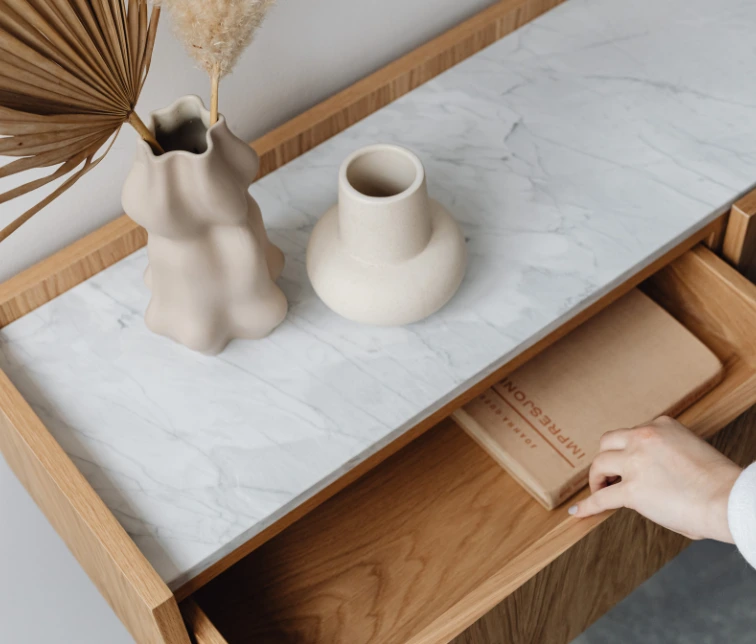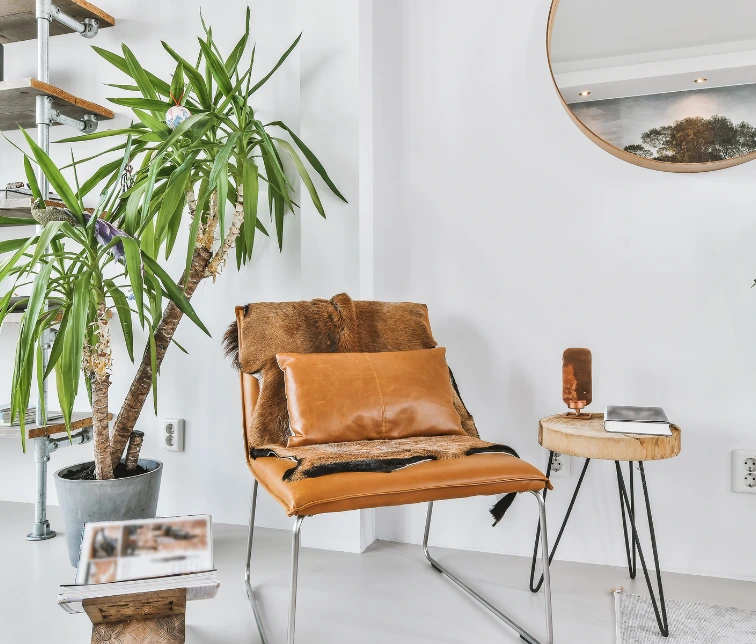So, you’ve been scrolling through short-term lettings, imagining your own little rental empire—complete with dreamy decor, five-star reviews and passive income rolling in.
But there’s just one catch: you don’t own a property (yet).
Enter rental arbitrage—a creative strategy that lets you profit from short-term rentals without owning a home. Tempting? Definitely. But before you dive in, let’s explore how it works—and what you need to know to succeed.
First, What Is Rental Arbitrage?

In a nutshell, rental arbitrage means leasing a property long-term, then re-renting it short-term on platforms like Airbnb, Stayz, or Vrbo. The goal? To make more from guest bookings than you’re paying in rent—turning the margin into profit.
Here is an example:
You rent an apartment for $750/week. After furnishing it and creating a standout listing, your holiday home earnings average around $6,160/month with a 75% occupancy rate (22 nights) at $280 per night.
Subtract running costs such as rent ($3,250), utilities (power, water, Wi-Fi $300), commission fees ($815), insurance ($80), and other running costs ($150) – totalling approximately $4,595/month – and you’re potentially walking away with around $1,565 in monthly profit. During peak seasons or with higher occupancy, this figure can increase significantly.
Why It’s Catching On

Rental arbitrage is growing fast, and here’s why:
• Lower Barrier to Entry
No need to save for a deposit or commit to a mortgage. You can start with a rental, invest in furnishings, and get listed within weeks.
• Scalable & Flexible
Unlike owning, where you’re tied to one location, arbitrage gives you the freedom to experiment with different properties and markets. Find a formula that works? Rinse and repeat.
• Creative Control
From interiors to guest experience, you curate the vibe. For many, it’s a hands-on way to learn the business of hospitality while building income.
But Let’s Be Real—It’s Not a Shortcut to Easy Money

Rental arbitrage can be profitable—but it’s not without its hurdles. Here’s what to watch for:
1. You Need Landlord Approval
Not all leases allow subletting, and trying to sneak it in can land you in legal hot water. Always be upfront with the landlord or property manager—and get permission in writing.
2. Start-Up Costs Still Count
While you’re skipping the mortgage, you’re not skipping setup costs. Furnishings, decor, professional photography, and essentials can easily add up.
3. It’s a Full-On Business
Guests expect hotel-level service—fast replies, spotless cleaning, and smooth check-ins. That means systems, cleaners, back-up plans, and time. It’s not passive—it’s hospitality.
4. Local Regulations Are Key
Some councils have strict rules on short-term letting—think permit requirements, night caps, or even zoning bans. Do your homework before signing a lease, or your dream business might never launch.
So… Is It Worth It?
It depends on your goals. If you’re resourceful, organised, and ready to treat it like a business, rental arbitrage can be a powerful stepping stone. Some hosts use it to generate cash flow, test the waters, and eventually purchase investment properties of their own.
Done well, it’s a crash course in the short-term rental world—with much lower risk than buying straight out.
Not Just Rent-and-Repeat

Rental arbitrage isn’t about finding a random home and throwing it on booking platforms such as Airbnb or Stayz. It’s about creating a space people want to book—again and again. That means thoughtful styling, market research, pricing strategy, and a guest experience that stands out in a crowded field.
But if you’ve got the vision and the drive, this could be your way in.
Ready to Start Strong?
We’ve helped dozens of hosts transform empty homes into high-performing short stays—styling, furnishing, photographing, and preparing every detail for success. Whether you’re launching your first property or scaling your portfolio, we’re here to help you make it shine.
Get in touch—we’d love to support your journey.




